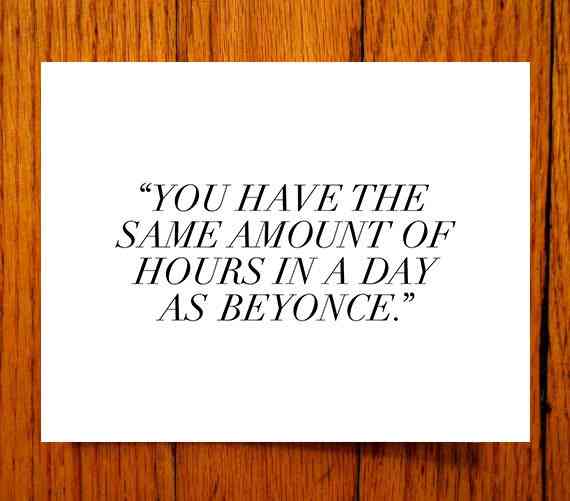
Do you remember those charm necklaces that had “Best Friends” etched in the metal? You know, the ones that had “Best” on one side and “Friends” on the other, typically with a jagged line down the center that could be snapped in half? The idea is to break it into two pieces and for each friend to proudly wear a half a heart. I find this all too ironic.
Recently I unpacked why good friends are hard to find in an article here. Lately, I’ve been thinking about how friendships change. One minute you are on the playground braiding friendship bracelets and the next you are hardly speaking to one another. And it doesn’t change when you grow up. With life changes, friendships change and evolve too, but I don’t think women stop and consider this. I think we can live in guilt over what we think are broken friendships and friendships that “aren’t the way they used to be”. We can miss out on new friendships because we are busy sulking about the loss of an old one. And we most certainly can exhaust ourselves trying to keep a friendship together that has run its healthy course. And that’s a lot of pressure isn’t it?
Let me let you in on a little secret. Not many women have “best friends forever”. For everything there is a season, and often times, that means friendships included. It is a rare and beautiful thing to have a best friend, but for most of us, the blessing of friendship at all, and to be a good and loving friend at that, is really the goal to strive for. So what happens when things change? And how should we handle it?
I took some time to reflect and here are four fresh ways to think about common changes in friendships.

What happens when you start to notice you are giving and giving but are getting little if nothing in return? This may look like always being the one checking in to connect, trying to set up plans with the friend or showing up on the spot when needed. Rarely, are we able to do this for long periods of time without starting to resent it. Even still, how often do we keep doing this? Have you stopped to ask yourself why? I encourage you to try talking to your friend about it. Better to do this than harbor resentment for the imbalance in the friendship. She may even listen to you. If not, you can either decide that this is how the friendship will operate and continue or you can peacefully walk away. But give yourself permission to make that decision.

There will be times in our lives when we will go through similar experiences with someone, work side by side or connect because of children, spouses or life circumstances. But how often do we move or change jobs and feverishly try to stay “as connected” as we once were only to feel discouraged when we can’t? A looming “things aren’t the way they used to be” clouds our heart and the friendship. Sometimes you have a hard time connecting at all and wonder what happened. The answer is probably nothing. It’s not surprising that the dynamics of your friendship changed if the thing that made you close, and in a sense held you together, has been removed. And that’s ok. Do your best to keep in contact, but consider releasing yourself from the pressure to make it the way it once was. Be wary of always trying to connect with your past friends that you miss opportunities to make new friends with the women around you.

This one is a bit harder and requires some grace. Typically you are incredibly close, have weathered life together and then one day, for reasons you don’t understand, your friend falls off the grid. Maybe she starts breaking your plans. Maybe she doesn’t return your phone calls or texts. Then, because of the non-response, you turn inward and frantically make up a host of reasons for the distance. What have you done? Without your friend even uttering a word, the battle horn is blown and it’s war in your heart. But consider this. Maybe it’s not about you. Maybe your friend is in a difficult place. It is possible the new baby or the job promotion is requiring a lot of attention? Here’s an opportunity to be a women of grace. Try to connect, but in the end, your only responsibility is to free your heart from anger. Do what you can to make peace, but if there is still silence, it’s ok to free yourself from the pressure of trying to fix it all by yourself.

Have you considered if your friendships are healthy? I think we can easily get wrapped up in codependent (prioritizing your friends concerns to the detriment of your own well being) friendships. It is also easy to be manipulated by fear even by what appear to be your closest friends. What will she think? Will she approve? I have to invite her or she will be mad at me, right? When friendships are based in manipulation or fear, these are not true and healthy friendships. In these cases I urge you to assess your friendships and consider making healthy changes, even if that means distancing yourself or ending the friendship altogether.
My hope is that in considering these things you will develop more realistic expectations for your friendships, enjoy healthier friendships and would be willing to give a little grace to the ones that have changed. And while you’re at it, give a little grace to yourself. Perhaps you’ll even reconcile a broken friendship.
Friendships should bring great joy to our lives. Lasting friendships will support, encourage and uplift even under the weight of life changes. Cherish these friendships and do what you can to make them thrive. These are the “best”. Does this sound like your friendships? If not, what healthy changes can you make today?














